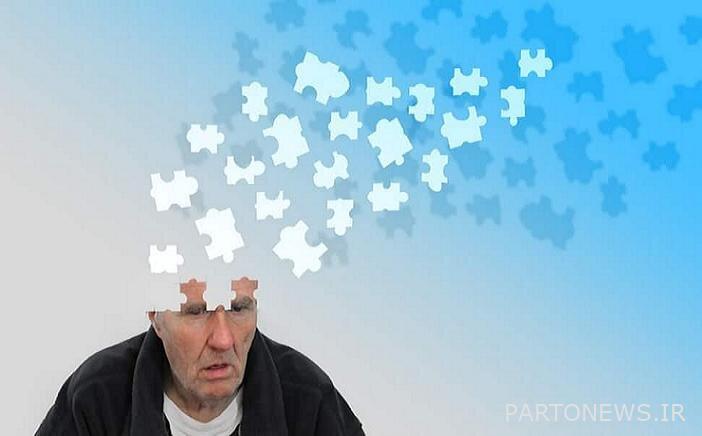Marriage can be a protective shield against dementia – Mehr news agency Iran and world’s news

According to Mehr reporter, quoted from Madison Net, the researchers found that compared to divorced and single people, older people in a long-term marriage were less likely to develop dementia. The study found that approximately 11% of these married people developed dementia after age 70, compared to 12% to 14% of their divorced or single counterparts.
When the researchers assessed other factors that could affect dementia risk, such as education level and lifestyle habits, long-term marriage was still associated with a protective effect: divorced and single adults were 50% to 73% more likely to develop dementia. They were.
“Jorn Hein “Marriage has been reported to reduce the risk of dementia in several studies, and our results add to this evidence,” said lead researcher Strand from the Norwegian Institute of Public Health.
These findings are based on a survey of more than 8700 Norwegian adults whose marital status was followed from 44 to 68 years old. Then the researchers looked at the relationship with the probability of dementia diagnosis after the age of 70 in the participants.
Overall, just under 12% were diagnosed with dementia during the study period, while another 35% had mild cognitive impairment.
Overall, the research team found a strong association of marital status with the risk of milder injuries Oh you does not have. But there was a clear relationship with dementia risk: staying married offered more protection than being divorced or single.
The reason for this is not entirely clear. But when the researchers focused on the single group, childlessness appeared to be strongly associated with a higher risk of dementia. But the question still remains as to why.
“Some of the explanations could be that if you have kids, you’re more cognitively involved,” Strand says.
He noted that people who are cognitively engaged throughout life may have more “cognitive reserve,” the ability to withstand the brain changes that characterize dementia before symptoms appear.

